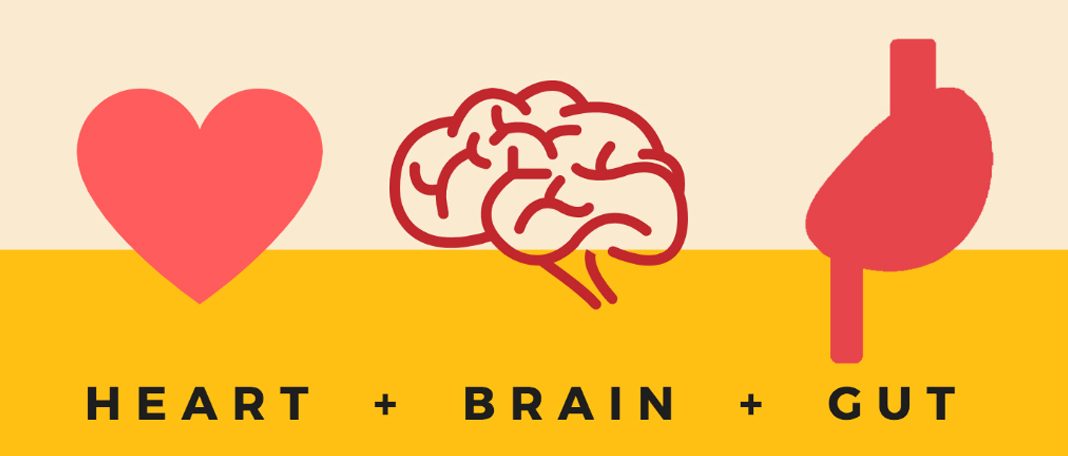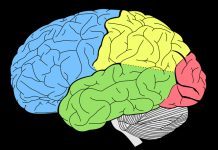The human sees the body from the inside as well as the outside. Humans can see their limbs, skin, body shape, etc. They are also able to feel hunger, temperature, a rising heartbeat from the inside. You experience all these because of the connection between the brain and internal organs.
How Does Gut and Heart Signals to the Brain Affect Body Image?
A recent study conducted at the ARU (Anglia Ruskin University) by psychologists and neuroscientists has found a shocking revelation. Dr. Jane Aspell, Senior Author and Associate Professor of Cognitive Neuroscience at ARU, monitored the gut and heart signals to the brain. They found out how the strength of these signals altered an individual’s perception of self-image.
The study conducted four body assessments on healthy adults from the UK. They recorded every participant’s feeling towards body appreciation, body shame, body functionality appreciation, and weight preoccupation.
They proceeded to measure gut and brain connection, heart and brain connection. Since most of these signals are made unconsciously, they studied both parts simultaneously by detecting electrical activity between the two. At the end of the study, it was revealed that stronger signals indicated a positive image and weaker signals indicated a negative body image.
Aspell said, since the brain’s ability to detect internal signals is weak, it concentrates more on external signals from the body. The constant analysis of physical appearance by the brain contributes to a negative self-image.
Gut Microbiota
Previous research on gut microbiota and its impact on overall health found poor gut health contributed to IBS (Irritable Bowel Syndrome). IBS, in turn, affects the mood of an individual. Later, it was found that a bad mood could also affect the gut microbiota and cause IBS in humans. Thus, researchers are researching ways to stimulate a strong connection between the brain and internal organs especially the gut and heart signals to enhance physical and mental health.
Why Is It Important to Have a Positive Body Image?
The ARU researchers expect to conduct more research to find why some people have weaker gut and heart signals than others. At present, they are expecting neuro-anatomical connections to be the reason.
Several studies have shown men and women experience the same amount of body shaming due to social standards. Yet, women are highly likely to voice out their concerns and seek help for the same. (Be it therapy or cosmetic surgery)
While race, gender, size, trauma, disease, disorders, preferences, etc., are also crucial factors contributing to a positive or negative body image. A positive self-image is found to impose positive effects on the way an individual behaves, maintains relationships, makes decisions, and more.
A positive body image during childhood and adolescence lays the foundation for a positive outlook on life. This often helps in reducing stress, depression, or other mental health issues.


















